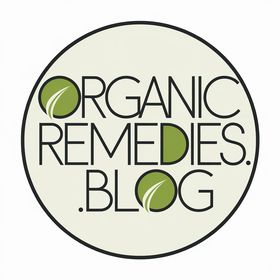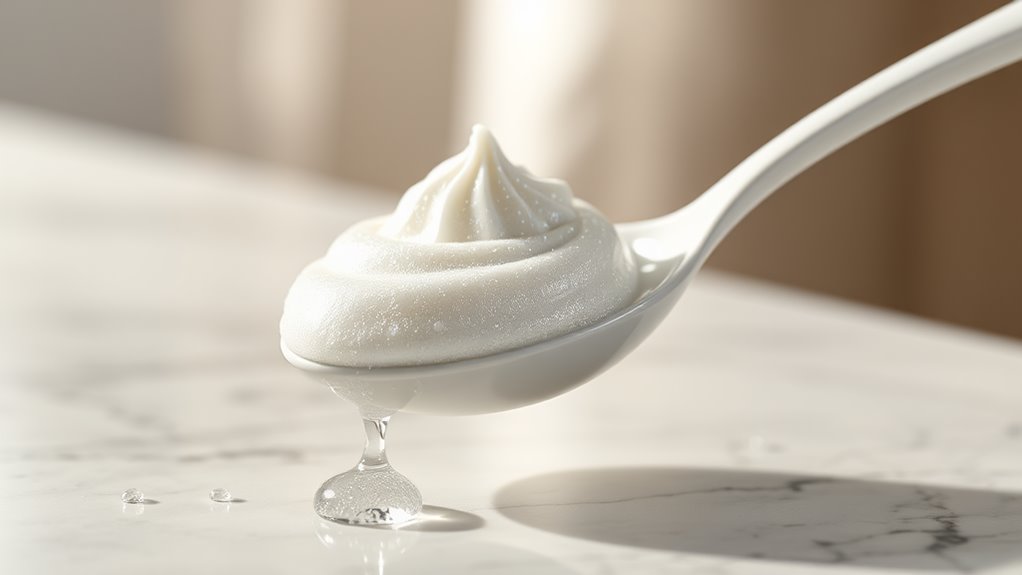Heal Cavities Naturally – Remineralization Method That Works
To heal cavities naturally, focus on remineralization. Boost your diet with nutrient-rich foods like dairy and leafy greens, which support enamel restoration. Essential vitamins A, C, and D, along with minerals like calcium and phosphorus, promote healing. Use fluoride toothpaste and limit acidic beverages to protect enamel. Adopt consistent oral hygiene practices, including daily brushing and flossing. By implementing these strategies, you can significantly enhance your dental health and discover effective methods for optimal care.
Understanding Cavities and Remineralization
When you consume sugary or acidic foods, your teeth face a constant battle against cavities, which are essentially areas of decay caused by bacteria that produce acids.
To combat this, natural tooth remineralization processes can help restore lost minerals. Saliva, enriched with minerals like calcium and phosphate, plays a crucial role in neutralizing acids and facilitating remineralization, thus strengthening your enamel.
The Role of Diet in Dental Health
Diet significantly influences your dental health, directly impacting the strength and integrity of your teeth. Consuming the right nutrients fosters remineralization while avoiding sugar-rich foods helps prevent decay. Staying hydrated and reducing sugar intake contributes to a balanced oral environment, supporting both remineralization and overall oral health.
| Food Type | Impact on Dental Health |
|---|---|
| Dairy Products | Supports remineralization |
| Leafy Greens | Provides essential vitamins |
| Nuts | Rich in healthy fats |
| Fruits (low sugar) | Antioxidants prevent decay |
| Whole Grains | Stabilizes blood sugar |
Essential Nutrients for Tooth Remineralization
To promote tooth remineralization, you need to focus on specific essential nutrients.
Key vitamins and minerals play a critical role in maintaining tooth health, and understanding their dietary sources is vital.
Key Vitamins Required
Many people overlook the vital role of specific vitamins in promoting tooth remineralization.
Vitamins A, C, and D are crucial for your oral health.
Vitamin A supports the repair of tooth enamel, while Vitamin C enhances collagen production, crucial for gum tissue.
Vitamin D aids calcium absorption, ensuring your body utilizes minerals effectively.
Incorporating these vitamins into your diet can significantly impact your teeth’s health.
Minerals for Tooth Health
When it comes to maintaining optimal oral health, the importance of minerals like calcium, phosphorus, and magnesium can’t be overstated.
Calcium strengthens tooth enamel, while phosphorus helps repair it and reinforces the structure. Magnesium plays a pivotal role in the mineralization process.
Together, these minerals support remineralization, making them essential nutrients for preventing cavities and promoting overall tooth health.
Dietary Sources Overview
Seven essential nutrients play a crucial role in tooth remineralization, ensuring that your teeth remain strong and healthy.
Calcium, phosphorus, magnesium, vitamin D, vitamin K2, fluoride, and vitamin C support the remineralization process.
Incorporate foods like dairy, leafy greens, nuts, fatty fish, and fruits into your diet.
This strategic approach enhances mineral absorption and optimizes your oral health, leading to stronger enamel.
Natural Remedies for Strengthening Enamel
While dental care often focuses on cavity prevention, strengthening your enamel is equally vital for maintaining overall oral health.
Here are three natural remedies you can incorporate:
-
Fluoride toothpaste — It effectively enhances remineralization.
-
Calcium-rich foods — They provide essential nutrients for enamel restoration.
-
Avoid acidic beverages — Limit exposure to prevent enamel erosion.
Implement these strategies to promote a stronger, healthier smile. Additionally, incorporating baking soda into your routine can help neutralize acids in your mouth and promote enamel health.
Lifestyle Changes to Support Oral Health
To support your oral health, focusing on nutrition and daily hygiene practices is essential.
Incorporating whole foods rich in vitamins and minerals can strengthen your teeth, while consistent oral hygiene routines can prevent cavities.
Nutrition for Strong Teeth
Nutrition plays a crucial role in maintaining strong teeth and overall oral health.
To support your dental health, consider incorporating these essential nutrients into your diet:
-
Calcium: Strengthens tooth enamel and bone structure.
-
Vitamin D: Enhances calcium absorption and bone health.
-
Phosphorus: Aids in remineralization and repair of teeth.
Prioritizing these nutrients can lead to healthier teeth and improved oral hygiene.
Daily Oral Hygiene Practices
Strong teeth require more than just a nutrient-rich diet; consistent daily oral hygiene practices are vital for preventing cavities and maintaining oral health. Incorporate the following practices into your routine:
| Practice | Frequency | Benefits |
|---|---|---|
| Brush with fluoride | Twice a day | Removes plaque and food |
| Floss | Daily | Cleans between teeth |
| Mouthwash with fluoride | Daily | Reduces bacteria |
| Avoid sugary snacks | As needed | Lowers cavity risk |
| Regular dental check-ups | Every 6 months | Early detection of issues |
The Importance of Hydration for Dental Wellness
Although many people focus on brushing and flossing to maintain oral health, staying properly hydrated is equally crucial for effective dental wellness.
Adequate hydration helps:
- Maintain saliva production, which neutralizes acids.
- Wash away food particles and bacteria, reducing plaque buildup.
- Support overall oral tissue health, preventing dry mouth and discomfort.
Additionally, staying hydrated can enhance cognitive function, promoting better focus during meals and mindful eating, which contributes to improved overall health.
Stay hydrated to safeguard your teeth and gums for long-term dental success.
Holistic Practices for Healing Cavities Naturally
As you explore ways to heal cavities naturally, it’s essential to understand that holistic practices can play a pivotal role in your dental health.
Incorporate nutrient-dense foods like leafy greens, nuts, and dairy to support remineralization.
Additionally, consider practices such as oil pulling and herbal rinses, which may enhance oral hygiene.
Regular dental check-ups are crucial to monitor progress and prevent further decay.





